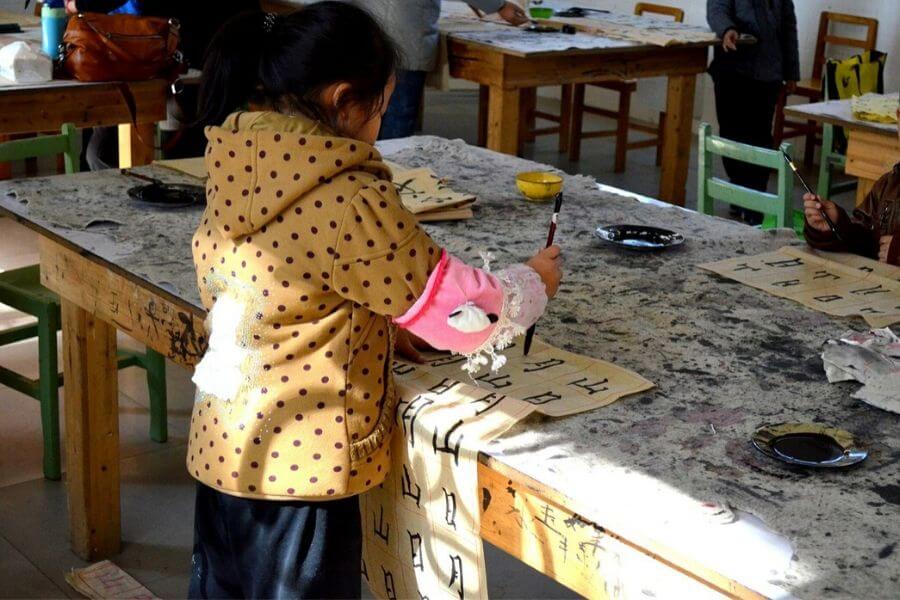
Sun, 31 May 2020 Insights China Laws Portal Team
Judges of China's Supreme Court introduced the Interpretation on Several Issues Concerning the Application of the PRC Foreign Investment Law (关于适用外商投资法若干问题的解释).

Sun, 31 May 2020 Insights China Laws Portal Team
Judges of China's Supreme Court introduced the Interpretation on Several Issues Concerning the Application of the PRC Foreign Investment Law (关于适用外商投资法若干问题的解释).

Fri, 29 May 2020 China Legal Trends Huo Zhengxin 霍政欣
The PRC Civil Code (中华人民共和国民法典) was adopted on 28 May 2020, and will take effect on 1 Jan., 2021.

Sun, 24 May 2020 Insights China Laws Portal Team
The PRC Organic Law of the People's Courts(人民法院组织法) helps us to gain a better understanding of China's court system and the internal structure of Chinese courts.

Sat, 23 May 2020 Insights Guodong Du 杜国栋 , Meng Yu 余萌
"Opinions on Further Providing Judicial Services and Safeguards for the Construction of the 'Belt and Road' by People's Courts" (关于人民法院进一步为“一带一路”建设提供司法服务和保障的意见) was issued by China's Supreme People's Court on 9 Dec. 2019.

Thu, 21 May 2020 Insights Meng Yu 余萌
Full texts of China's bilateral treaties on recognition and enforcement of foreign judgments and other judicial assistance matters are now available. The information comes from the website of the PRC Ministry of Foreign Affairs.

Thu, 21 May 2020 Insights Xiaodong Dai 戴晓东
For foreign investment in education, China still maintains a cautious approach towards the initial entrance stage and sets different investment restrictions for different educational institutions.

Tue, 12 May 2020 Insights Guodong Du 杜国栋
China's Supreme Court Judge Gao Xiaoli (高晓力) gave a speech titled "Exploration and Innovation of the One-stop Diversified Settlement Mechanism of International Commercial Disputes of the Supreme People's Court" in November 2019.

Sat, 09 May 2020 Insights Zilin Hao 郝梓林
A recent CIETAC case is the first and, to date, the only reported case where the UNIDROIT Principles are applied by a Chinese arbitration institution.

Fri, 08 May 2020 Insights China Laws Portal Team
The PRC Law on Land Contract in Rural Areas (农村土地承包法) is the perfect starting point to learn about the legal framework on rural land in China.

Wed, 06 May 2020 Insights Xiaodong Dai 戴晓东
The Foreign Investment Law sets aside the issue of VIE structures, but leaves a possibility for the VIE with a catch-all clause.